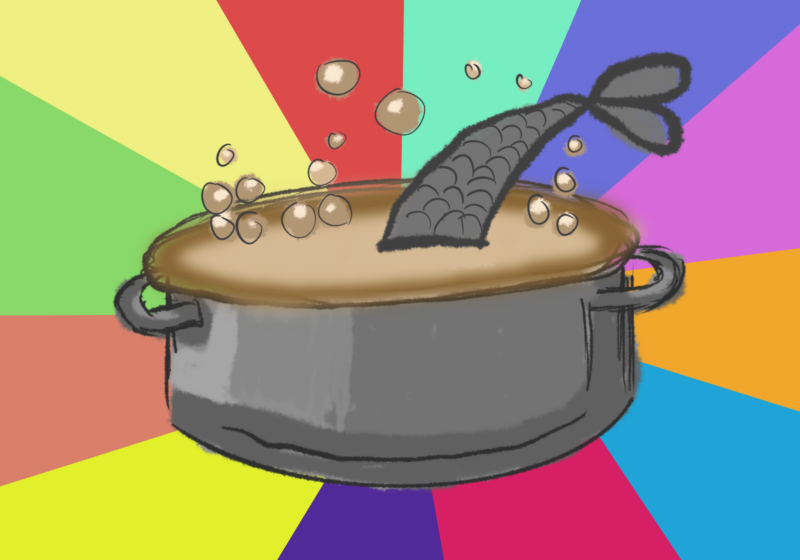“Adaptation” begins with a powerful monologue by Nicolas Cage, revealing the thoughts of an insecure middle-aged screenwriter, with one of the most life-like representations of thoughts swirling around in someone’s head that I’ve ever heard.
A montage of images comes next, an array of pictures which leaves the audience temporarily confused, in the artsy fashion often seen in more artistically-inclined films.
The film then calms down a bit and introduces the main characters. We see Nicolas Cage as Charlie Kaufman, in the depths of despair, first on the set of a John Malkovich film he wrote the screenplay for — ignored and lonely. We next find out he has been hired to write a screenplay about the seemingly mundane topic of orchids and one man who has been poaching them in the swamps of Florida.
The film becomes an interplay of Charlie and his life of singlehood. He lives with his twin brother Donald, also played by Cage. Donald is a study in contrasts with Charlie, who is revealed as the epitome of the anxious high-strung character, living in fear, with only his low self-esteem to keep him company through the lonely nights.
Donald is the outgoing, less intellectual brother living in Charlie’s house, writing a mediocre script to follow in his brother’s footsteps and generally only highlighting the more melancholy and painfully shy characteristics of Charlie.
The second layer which develops is the life of Susan Orlean — Meryl Streep — the writer of a novel on orchid poaching. What seems like a bizarre topic ends up being a slice-of-life look into a unique character, the orchid expert and poacher, who Orlean becomes enthralled with. She finds in John Laroche — Chris Cooper — a passion for life and collecting things, which taps into what is missing in her own life.
Things take a turn for the weird, however, when Charlie, suffering from writer’s block and under pressure from his agent, decides to go to New York to meet Orlean for inspiration, intending to put first himself and then her into the script line. Donald ends up joining him, and tracks her down to Florida.
The movie continues on its bizarre track, going off on enough tangents to make you think twice about liking it. In between, though, are some powerfully moving lines, as Donald and Charlie have a heart-to-heart and make strides toward a better understanding.
Intermixed with these heartrending scenes is tragedy, which I will not reveal for the future viewers.
Through the ups and downs of Charlie’s adventure in Florida, he finally finds his voice, and ends up not necessarily improved in life, but with a lighter heart and a finished script.
This experience of a film leaves the viewer with mixed emotions at first, but upon settling for a few days, the good parts shine through. If nothing else, see it simply for the reaction you will have. I found it worthwhile.
Linden can be reached at klinden@campustimes.org.





